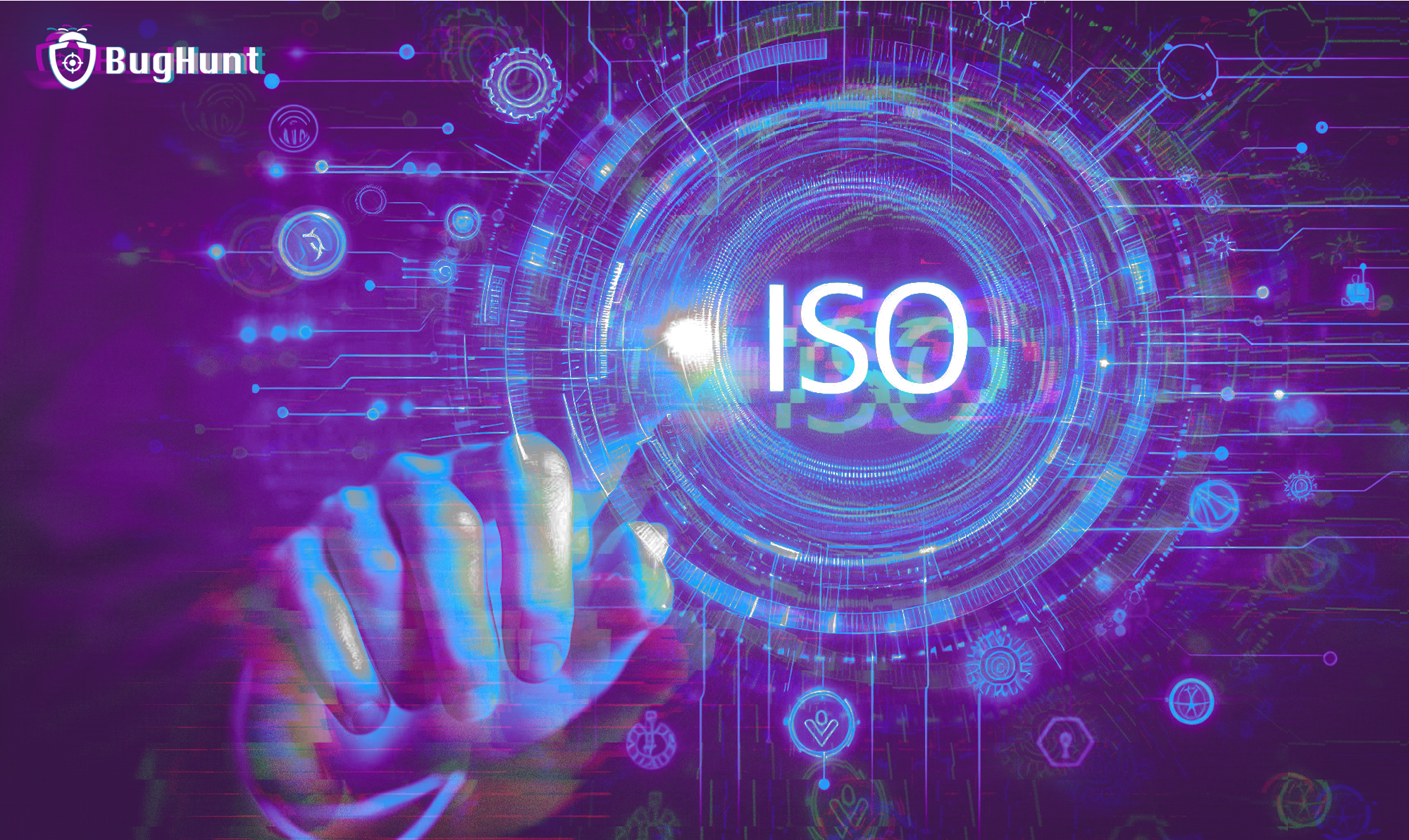The Importance of ISO 27001 in the Technology Sector

In the technology sector, information security is a non-negotiable priority, and ISO 27001 stands out as a global benchmark. Published by the International Organization for Standardization (ISO) in 2005 and most recently updated in 2022, this standard defines the requirements for an Information Security Management System (ISMS).
Implementing this standard is a way to demonstrate a commitment to secure and reliable practices, going beyond data protection and covering all levels of a technology organization. Learn more in this article!
What is ISO 27001?
ISO 27001 is an international standard designed to help companies establish a robust information security system, focusing on protecting the confidentiality, integrity, and availability of data. It covers internal processes, IT infrastructure, and people management, requiring risk analysis and the implementation of appropriate controls to mitigate threats, promoting organizational commitment to security practices.
In 2022, the standard underwent a significant update, resulting in ISO 27001:2022, which introduced 11 new security controls to address emerging topics such as threat intelligence, cloud security, and incident preparedness. This revision also aligned the standard with ISO 27002:2022, which provides an updated catalog of controls and introduced an enhanced focus on emerging risks and more frequent assessments.
ISO 27001 certification is formal recognition that a company meets these requirements, reinforcing its credibility and competitiveness. In a sector where security failures can lead to financial losses and reputational damage, this certification is essential to inspire trust and resilience in the market.
Related:
What are the costs of a security incident?
Benefits of ISO 27001 for the Technology Sector
Implementing ISO 27001 brings a range of specific advantages for the technology sector. Some of the most relevant include:
Compliance and Competitiveness
In the technology landscape, regulatory compliance is crucial, especially in highly regulated sectors. ISO 27001 helps companies align with data protection laws, such as Brazil’s LGPD and Europe’s GDPR, increasing competitiveness and reducing the risk of penalties.
Protection Against Threats
By implementing ISO 27001, companies strengthen their defenses against threats such as data breaches, ransomware attacks, and insider fraud. This information security management system covers all vulnerabilities and prepares the organization to respond quickly to security incidents.
Effective Risk Management
The standard requires a detailed risk analysis, ensuring that resources are used effectively. With a structured plan, the organization prioritizes the most critical risks, mitigating potential impacts and ensuring continuous data protection.
Improved IT Infrastructure
Implementing ISO 27001 demands a high level of control over IT infrastructure, promoting more efficient and organized management. This results in a more resilient and agile infrastructure that adapts more easily to new challenges and technological needs.
Security Culture and Awareness
One of the key differentiators of ISO 27001 is its promotion of a security-oriented organizational culture. Employees at all levels become more aware of the importance of data security and their role in preventing incidents.
How to Implement ISO 27001 in Your Company
Implementing ISO 27001 is a process that requires planning and dedication. Here are some basic steps:
1. Assessment and Planning
The first step is to conduct a comprehensive assessment of the company's current information security status. Identify key risks and vulnerabilities, and develop a detailed implementation plan addressing the organization’s specific needs.
2. Senior Management Involvement
Commitment from senior management is crucial. Without leadership support, it is difficult to implement the necessary changes to achieve ISO 27001 certification. Therefore, executives must understand the benefits and be willing to allocate resources for implementation.
3. Employee Training and Awareness
ISO 27001 is not limited to technical controls; it requires all employees to align with security policies. Investing in training is essential to ensure that everyone understands the importance of ISMS and knows how to act to prevent incidents.
4. Implementation of Security Controls
The ISO 27001:2022 standard defines a series of controls to protect company information, covering aspects such as asset security and business continuity management. Implementing the appropriate controls is crucial for ensuring information security.
5. Internal Audits and Continuous Improvements
After implementation, ISO 27001 requires regular audits to ensure that the information security system is operating in compliance with the standard. This step is necessary to identify improvements and make continuous adjustments to the ISMS.
Why ISO 27001 is Essential for the Technology Sector
As highlighted, ISO 27001 certification is no longer just a competitive advantage—it has become a necessity for companies looking to gain customer and partner trust in the technology sector. This certification demonstrates to the market that a company follows strict security practices and is prepared to handle evolving digital threats.
Moreover, the importance of ISO 27001 in the technology sector goes beyond simple data protection. It encompasses risk management, regulatory compliance, and the development of a company-wide security culture. Therefore, implementing this standard is a way to show the market that the organization is committed to excellence in information security, protecting its assets, data, and, most importantly, the trust of its customers and partners.
Enjoyed this article? You can find more content like this on our social media channels!

